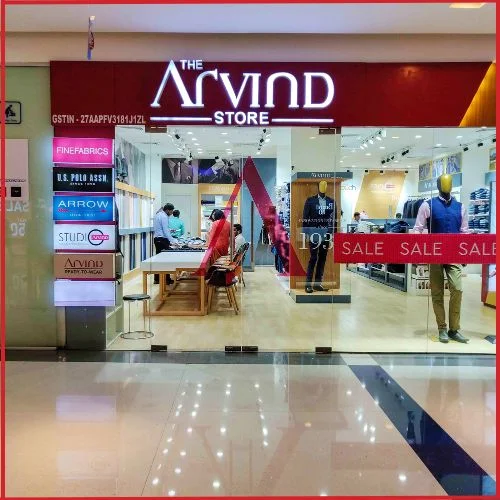Potential European Union limitations on scrap metal imports as it works to curb industrial emissions may make it more difficult for India to build its steel business.
Countries are recycling more waste at home to limit the usage of polluting feedstocks in the steel-making process, such as iron ore. Imports are critical for India, which is scrap-deficient owing to its tiny customer base, to meet its objective of tripling steel manufacturing capacity to 300 million tons by the end of the decade.
Policy moves such as the EU’s reform of its waste transport guidelines, which occurred after China restricted scrap metal exports, are being closely monitored by producers. According to the bloc’s plan, garbage should only be shipped to nations outside the Organization for Economic Cooperation and Development if they can fulfill stringent environmental requirements.
“Every country is going to protect their scrap due to a circular economy being implemented at home,” Sanjay Mehta, president of the Material Recycling Association of India, said in an interview in Mumbai. “It’s going to be a very tough situation for us” as the EU’s new regulations will likely tighten supplies to India, he said.
According to the industry organization, India is the second-largest buyer of European scrap after Turkey, with the remainder coming from the United States, Central and South America, Asia, and the Middle East. According to predictions, the country’s use of ferrous scrap metal will increase by 50% to 60 million tons by the end of the decade, while imports will double to around 20 million tons.
According to commerce ministry statistics, the South Asian country imported almost $12 billion in metal scrap in 2022, more than double the amount imported only five years before. Steel scrap accounted for about half of the inflows, which were utilized as feedstock in electric arc and induction furnaces.
According to Dhawal Shah, a partner at trading firm Metco Ventures LLP, the US, Europe, and the Middle East want to ensure that these efficient raw commodities do not flow out readily.
“India will have to work more aggressively to secure adequate supplies,” he added.
Indian producers like Tata Steel Ltd., JSW Steel Ltd., and ArcelorMittal Nippon Steel Ltd. are poised to use more scrap to keep trading with the EU after the rollout of its cross-border car
Because of the low quantity of old cars being disposed of, India’s recycling infrastructure is presently restricted, and the country will continue to depend on imports to satisfy its expanding needs, according to Mehta.
The Indian government implemented a scrapping program in 2021 to promote recycling and the removal of obsolete and polluting cars from the street, but adoption has been slow.
“India has started with recycling of end-of-life vehicles today, and tomorrow, it could be white goods, air conditioners, refrigerators”, Shah said. “As the society matures, and domestic scrap generation grows, I think the import dependency ratio will come down automatically.”















